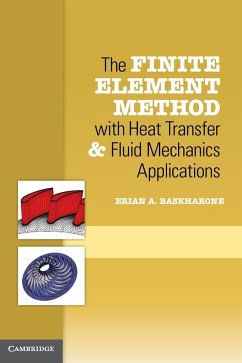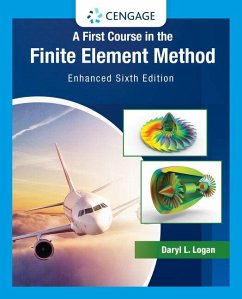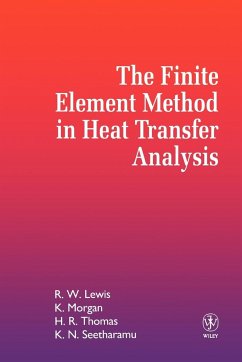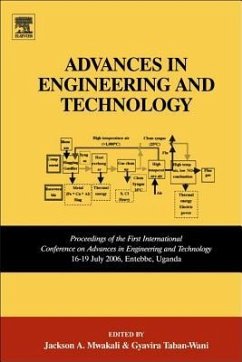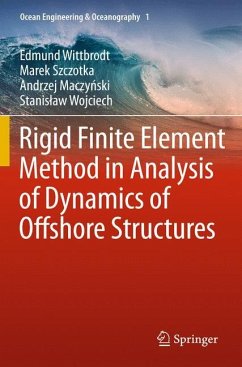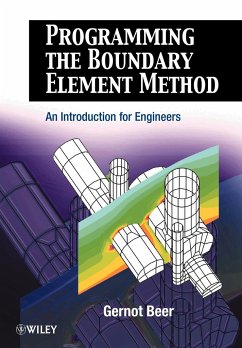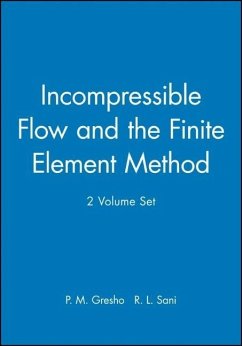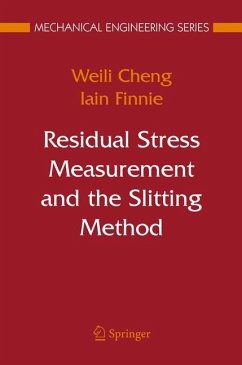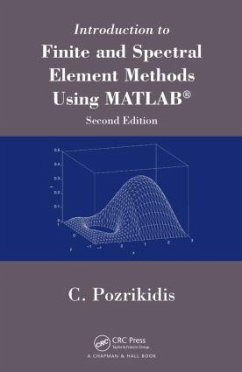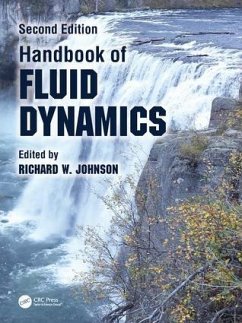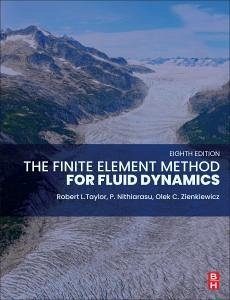
The Finite Element Method for Fluid Dynamics

PAYBACK Punkte
69 °P sammeln!
The Finite Element Method for Fluid Dynamics provides a comprehensive introduction to the application of the finite element method in fluid dynamics. The book begins with a useful summary of all relevant partial differential equations, progressing to the discussion of convection stabilization procedures, steady and transient state equations, and numerical solution of fluid dynamic equations. In this expanded eighth edition, the book starts by explaining the character-based split (CBS) scheme, followed by an exploration of various other methods, including SUPG/PSPG, space-time, and VMS methods....
The Finite Element Method for Fluid Dynamics provides a comprehensive introduction to the application of the finite element method in fluid dynamics. The book begins with a useful summary of all relevant partial differential equations, progressing to the discussion of convection stabilization procedures, steady and transient state equations, and numerical solution of fluid dynamic equations. In this expanded eighth edition, the book starts by explaining the character-based split (CBS) scheme, followed by an exploration of various other methods, including SUPG/PSPG, space-time, and VMS methods. Emphasising the fundamental knowledge, mathematical, and analytical tools necessary for successful implementation of computational fluid dynamics (CFD), The Finite Element Method for Fluid Dynamics stands as the authoritative introduction of choice for graduate level students, researchers, and professional engineers.




